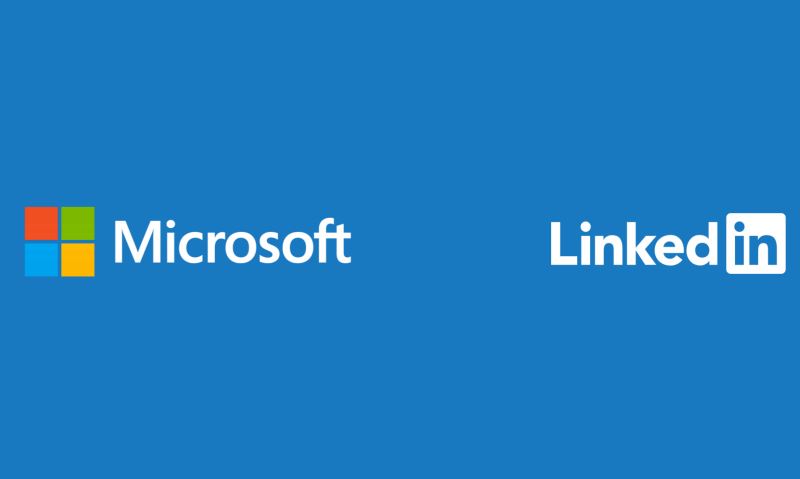The secret to Microsoft's LinkedIn success - leaving it alone
2 min. read
Published on
Read our disclosure page to find out how can you help MSPoweruser sustain the editorial team Read more

Microsoft purchased LinkedIn in 2016 for $26.2 billion, and unlike many of Microsoft’s other purchases, it seems to be going well. User numbers are up 52% to 660 million and the division added $6.75 billion to Microsoft’s 2019 fiscal year revenue.
The difference between LinkedIn and Nokia or aQuantive for example? Microsoft left the company alone.
This is according to LinkedIn chief executive officer Jeff Weiner, who spoke to CNBC.
When Microsoft purchased LinkedIn Satya Nadela promised LinkedIn would be able to operate independently with Weiner as the head of the company, reporting directly to Satya Nadella, while LinkedIn co-founder Reid Hoffman was added to the Microsoft board of directors and Weiner reports directly to Nadella.
“Satya has made good on every single thing we talked about prior to the acquisition,” added Weiner in a CNBC interview.
This does not mean Microsoft does not have plans for LinkedIn, but previous failures have convinced Microsoft to move cautiously, with Satya Nadella saying that the company will “learn from the past.”
Some integration has happened – LinkedIn’ directory is now accessible from Microsoft Outlook, and Microsoft plans to create an “Intelligent Newsfeed,” which would draw information from Office apps as a way for managers to understand what projects employees are working on.
No being a stand-alone listed company has allowed LinkedIn to think beyond the next quarter, however.
“At the time of the close and shortly thereafter, at least for the first couple of quarters, our growth continued to decelerate. It was a couple of quarters later that it started to stabilize. And then it started to meaningfully accelerate,” Weiner told CNBC. “So, if we were still public and there was that deceleration, what kind of response would we have seen from the Street? How would that have impacted the company? How would that have impacted our talent? It’s hard to say. But — didn’t happen, so don’t spend a lot of time thinking about it.”
Do our readers think any other division of Microsoft would be more competitive with a more hands-off approach? Let us know below.
Via Pulse2









User forum
0 messages